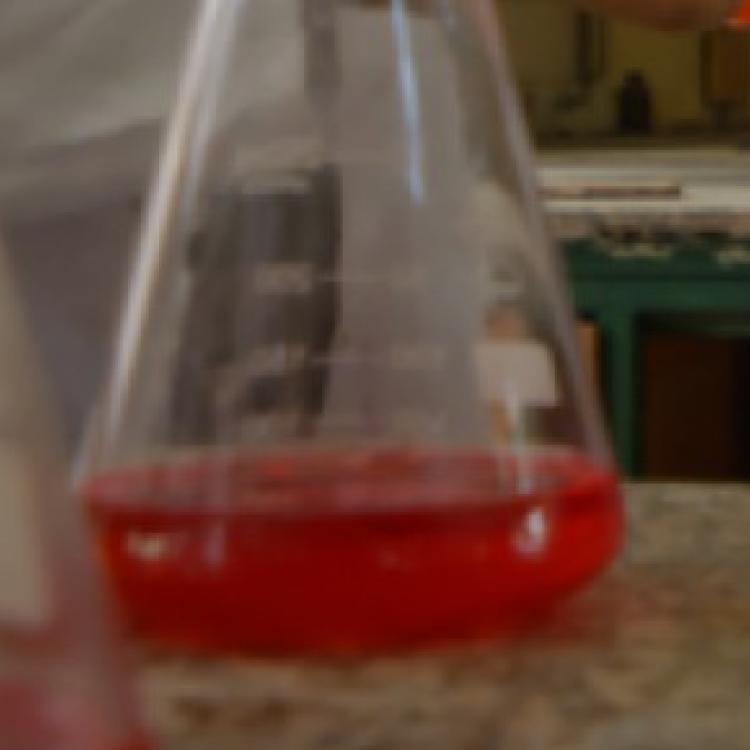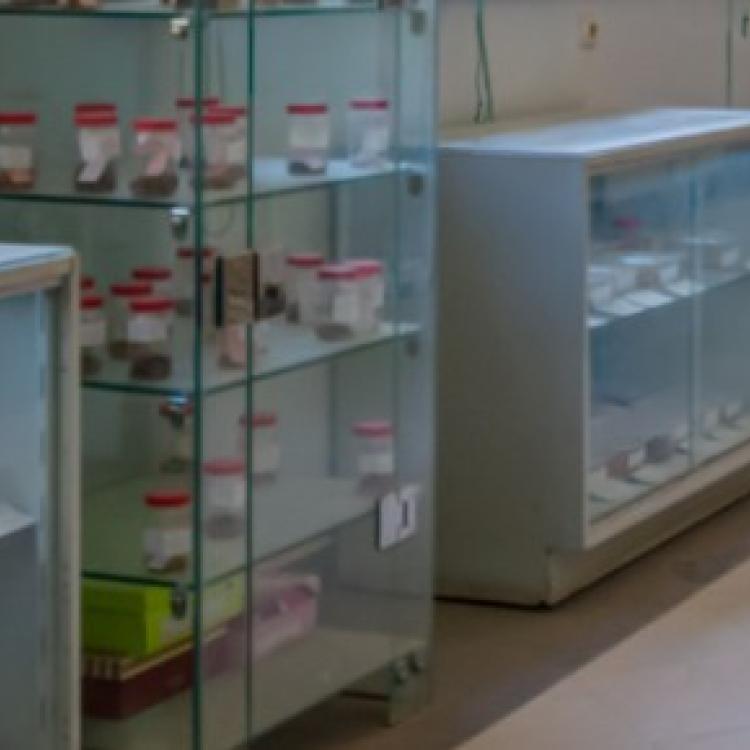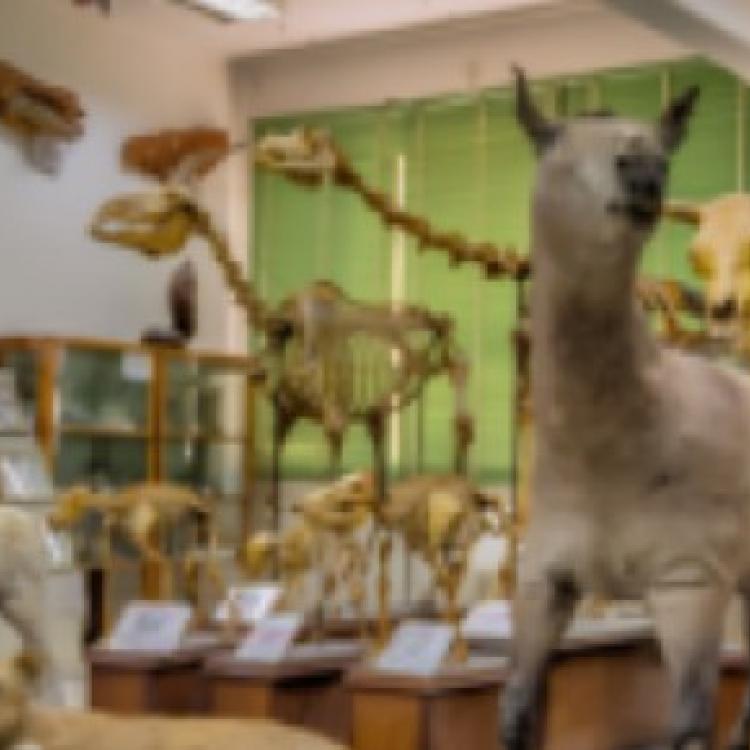Do you have any questions? (088) 2345643 - 2412000 sci_dean@aun.edu.eg
Researches:
Different research programs have been carried out in the department of Zoology and Entomology in all areas including short-term and long-term projects. These include ecological and biological studies on the marine and freshwater ecosystems, the effect of water pollution on the Nile fauna, biological and taxonomical and fisheries studies on the Nile and Red Sea fishes. Moreover, a continuous work on stock assessment of fishes of the Nile and Red Sea has been established ten years ago and still in execution. Also modeling of the aquatic ecosystems of the Egyptian lakes, especially Lake Nasser is an important task of Fish Biology Group. Similar projects are carried out with respect to Entomological fields, especially those associated with our protected areas in Assiut and to animal parasites and their economic effects.






